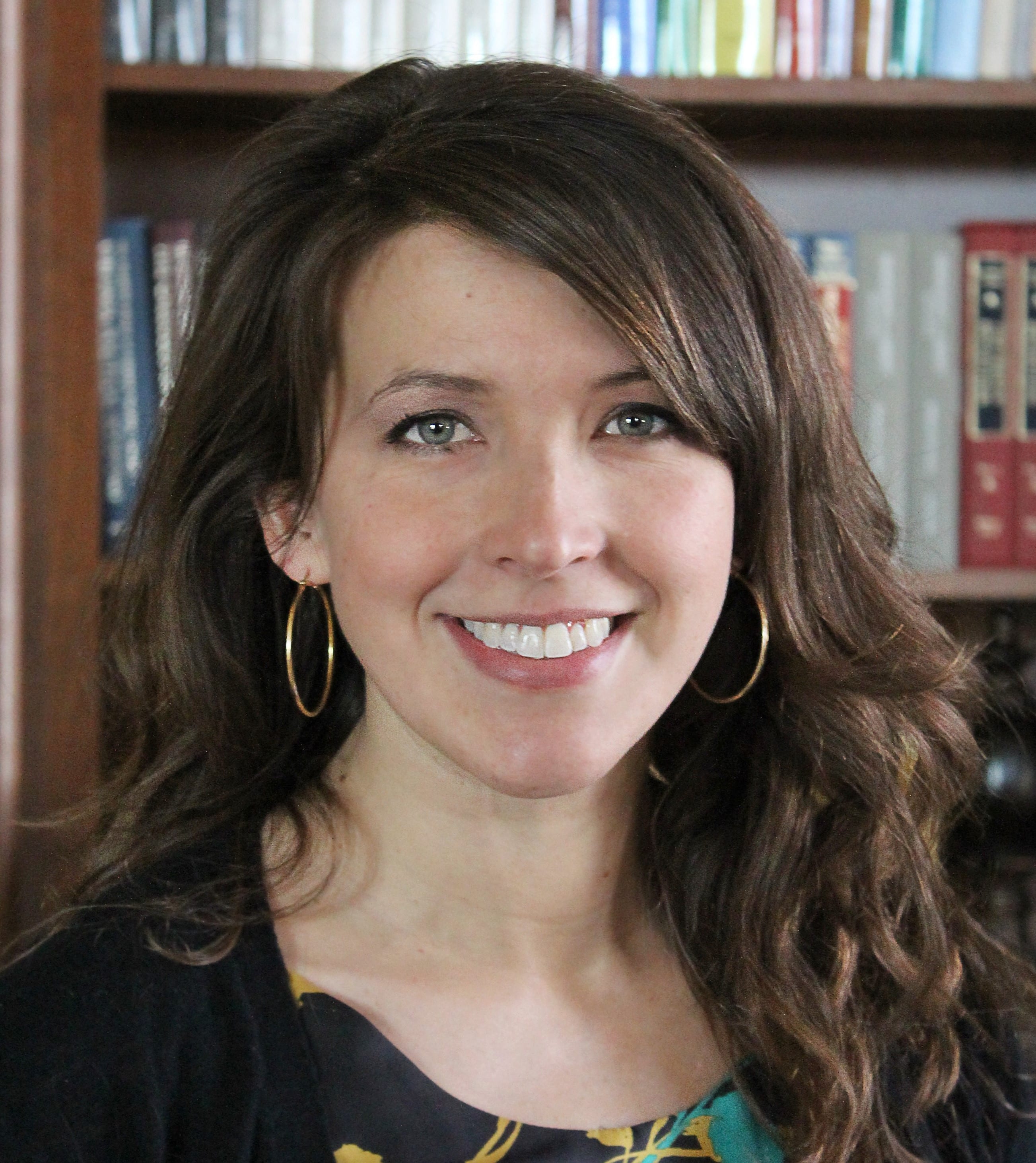Hispanic Philanthropy and the Moral Imagination
Hispanic Philanthropy and the Moral Imagination
By Jamie Goodwin

This month, the United States celebrates the heritage of 56.6 million of us during Hispanic Heritage Month. Comprising 17.6 percent of the population, people of Hispanic descent constitute the U.S.’ largest ethnic or racial minority.
Hispanics are known for their loyal generosity, sending more than $68 billion to their home countries in Latin America and the Caribbean in 2015. They give faithfully to their churches, mostly Catholic and now increasingly Protestant institutions, as well as to “mutualistas,” or groups that provide mutual aid and community for immigrant and Hispanic communities. Hispanic philanthropy is characterized by spontaneous and informal giving, with 63 percent of Hispanic households giving to charity.
With more than 450 U.S. and Latin American grantmakers and nonprofit leaders included as members, groups like Hispanics in Philanthropy (HIP) are devoted to growing organized giving. HIP, like other leading Hispanic philanthropic organizations, shares a vision of “strengthening locally-focused Latino nonprofits to ensure that Latinos play a critical role in civic life.”
From serving immediate needs to growing leadership capacity, these organizations are celebrating and leveraging the natural assets of their communities. Simultaneously, they fix an unflinching gaze at the problems “facing Latinos and all Americans” in order to create and fund solutions.
In the summer of 2018, the organization assumed a somber responsibility. After the humanitarian crisis at the U.S. border, a delegation from HIP traveled to San Diego and Tijuana in early August. They visited immigration sites and listened to local experts and practitioners who lead immigrant-serving organizations in order to help guide long-term funding strategies for participating foundations.
It is an honor to study Hispanic philanthropy in the Indiana University Lilly Family School of Philanthropy. Because of a school study abroad grant, I will travel to Tijuana this fall, visiting an organization serving newly deported women and their children as well as hearing from scholars on the topic at Fuller Seminary’s Latino Center.
My aim is to examine the dimensions of this crisis, not only from what I read, but also from what scholars call the living texts, or experiences of the people in the midst of the phenomenon. These human actors assume different, although often overlapping roles; that of donor, recipient, policy maker, activist, and practitioner.
The unique insights they provide inform scholarship, both in response to current crises and in ongoing innovation of American philanthropy, which is what Robert Payton called our “moral imagination.”
For Hispanic philanthropy, using our moral imagination could lead us to simply be interested in the histories and cultures of our friends, co-workers, donors and clients, be they Hispanic or otherwise. For those of us who are Hispanic, it could mean speaking up about solidarity, passionate giving, and an entrepreneurial spirit in philanthropy. Lastly, using our moral imagination could guide thoughtful and unique efforts to engage with Hispanic donors.
Hispanic Heritage Month began on September 15 in celebration of the independence of five Latin American countries: Costa Rica, El Salvador, Guatemala, Honduras, and Nicaragua. Mexico and Chile celebrated their independence on September 16 and September 18, respectively.
Learn more about Hispanic philanthropy in a report compiled by Lilly Family School of Philanthropy students.
Jamie Goodwin is a third-year doctoral student at the Lilly Family School of Philanthropy, a graduate assistant for Lake Institute on Faith & Giving, and a senior fellow with Sagamore Institute. She is interested in philanthropy in Spanish-speaking cultures, faith and generosity, and the role of the family in the public good.
Subscribe
Insights, a bi-weekly e-newsletter, is a resource for the religious community and fundraisers of faith-based organizations that provides:
- Reflections on important developments in the field of faith and giving
- Recommended books, studies and articles
- Upcoming Lake Institute events
